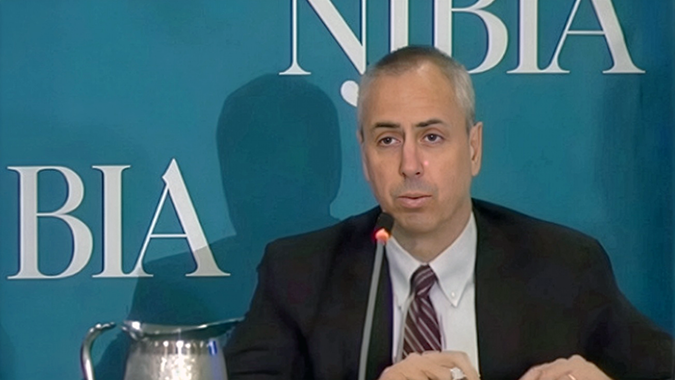On behalf of our member companies that make NJBIA the largest, most impactful association representing job creators in New Jersey, we thank Chair Murphy for the opportunity to offer comments on the impact of proposed federal policy changes in Medicaid and Medicare on New Jersey’s residents and its economy.
From hospital systems to nursing homes and home and community-based service providers, the proposed funding cuts to Medicaid and Medicare will have a significant impact on job creators in the health care sector, a vital contributor to New Jersey’s economy.
Economic Impact
Recently, in partnership with NJ Pathways to Career Opportunities, Focus NJ Center for Economic Research and Workforce Solutions published the NJ Strategic Education and Workforce Development Report on Health Services. The report noted that the healthcare and social assistance sector accounts for 8.6% of New Jersey’s total Gross Domestic Product (GDP) and the number of businesses in the sector has increased by more than 35% since 2020. As one of the five largest industries in the state, the sector continues to see demand for services, particularly as the State experiences an aging population demanding nursing home care and increased need for mental health services.
Federal funding cuts will negatively impact the ability of healthcare providers to provide the critical services needed in their communities. This disconnect will result in the closure of facilities and reduce the healthcare provider footprint within communities. This footprint is important, as providers do more than offer direct care, but contribute to the fabric of their communities by donating resources to promote positive health outcomes.
With fiscal constraints, providers will need to triage the delivery of services, which creates significant access concerns for all New Jersey residents and particularly the most vulnerable.
The unemployment or underemployment of healthcare personnel due to facility closures and service cuts will also have a negative impact on the State’s economic outlook as the full participation of not only these credentialed individuals, but other professionals that support healthcare operations (i.e., maintenance, dietary, etc.) in the workforce, or lack thereof, has implications for income tax revenue forecasting.
Workforce Concerns
The report also notes that the three health care subsectors of hospitals, nursing and residential care and ambulatory health services account for more than 80% of all employment in the broader healthcare and social assistance sector. Together, these subsectors account for more than 10% of all workers in each of New Jersey’s 21 counties, ranging from 12% in Cape May County to 24% in Camden and Ocean Counties.
The industry is already experiencing workforce shortages, particularly in critical occupations like direct service employees (certified health aides, home health aides, and direct service personnel), nurses and behavioral health occupations. Cuts to federal funding will require industry to make difficult decisions that will impact access to care, such as reducing staff and critical services.
With affordability at the top of mind for all New Jersey stakeholders, it is important that the Legislature convene such hearings to better understand the depth of impact of the proposed federal policy and to investigate and deploy mitigation measures.




